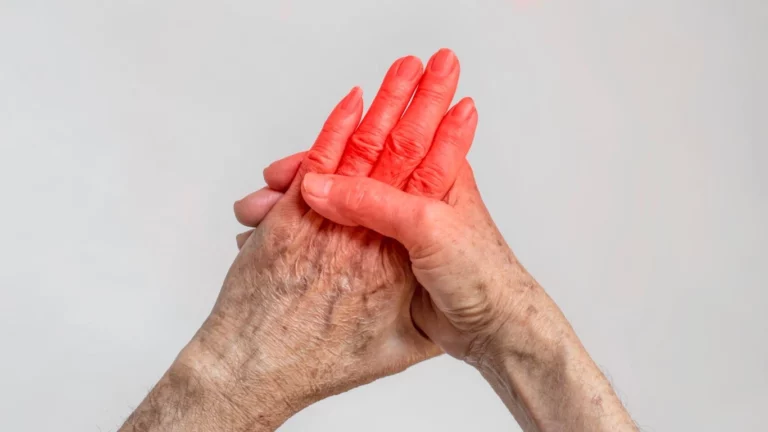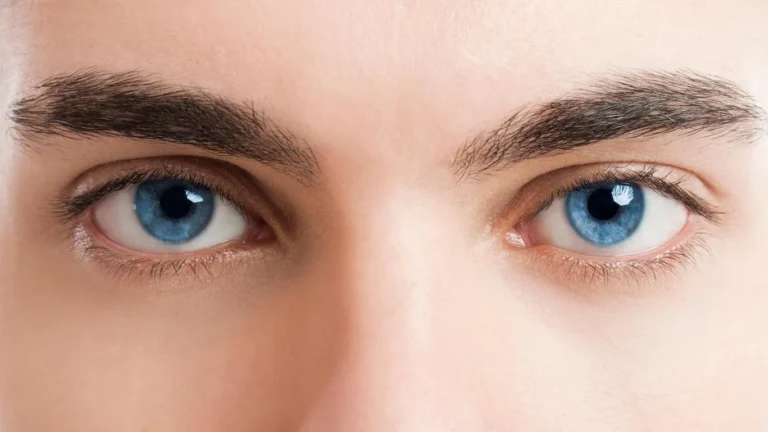Can Asthma Cause Loss of Appetite? Let’s Talk About It
So, you’ve been dealing with asthma, and now you’re noticing a dip in your appetite. Is it just a coincidence, or could your asthma be playing a part in it? Let’s dive into how asthma might be affecting your appetite and what you can do about it.
If you or someone close to you has asthma, you know it can feel like more than just a breathing issue. It’s a chronic condition that messes with your daily life in more ways than one. Between asthma attacks, medications, and trying to stay on top of triggers, it can be tough to keep your energy up. And one question that often pops up is whether asthma can cause loss of appetite. Well, let’s break it down!

How Asthma Might Affect Your Appetite
First off, let’s be clear: asthma itself doesn’t directly cause loss of appetite. But a few things linked to asthma can make you feel less hungry. It’s all about the bigger picture—the way asthma affects your body, medications you might be taking, and how your respiratory system is involved.
1. Breathing Issues and Their Impact
Asthma is all about your airways being inflamed, which makes it hard for air to flow in and out of your lungs. When you’re struggling to breathe, whether it’s due to an asthma attack or ongoing symptoms, it’s kind of hard to think about eating. If you’re constantly short of breath, the idea of eating can feel like a chore. That’s because your body’s focus is on getting enough air rather than on digestion.
You might notice that your appetite tends to dip when your asthma symptoms flare up. If you’re feeling tight in the chest, coughing a lot, or dealing with other symptoms, the last thing you may feel like doing is sitting down for a meal.
2. Medications and Appetite Changes
Another factor that could affect your appetite is the medication used to manage asthma. Some of the common meds, like corticosteroids, can mess with your appetite. While steroids might help with asthma inflammation, they’re also known to cause side effects like weight gain, bloating, and changes in hunger levels.
Corticosteroids might either increase your appetite (leading to overeating) or suppress it (causing a loss of appetite). If you’ve recently started taking a new asthma medication, it could be worth checking in with your doctor to see if that’s playing a role in how you’re feeling.

3. Breathing and Digestive Issues
Now, this might sound a bit weird, but the way your body uses oxygen can influence digestion. When you’re not breathing properly, your body’s ability to properly digest food might take a hit. If you feel like your body’s energy is focused on keeping you breathing and not on digestion, that could lead to reduced appetite. Basically, your stomach might not be getting the signal that it’s time to eat!
4. General Fatigue and Low Energy
Asthma can also leave you feeling pretty worn out. When your energy is low, you might not feel like eating, simply because you’re too tired to care. This is especially true if you’re having frequent asthma flare-ups that keep you from getting good rest. Lack of sleep, in turn, can cause your appetite to decrease, and you end up in a cycle where low energy leads to poor eating habits, and poor eating habits lead to even lower energy.
Can Asthma Treatments Help or Make Things Worse?
Asthma treatment typically revolves around two main strategies: controlling inflammation and relieving symptoms. These treatments can include:
- Inhalers (like rescue inhalers): These help open up your airways in the moment, but they don’t directly mess with your appetite.
- Steroid inhalers: Used for long-term control, they can sometimes mess with appetite, especially if used for long periods.
- Oral corticosteroids: These have a stronger effect on appetite, often causing people to either eat more than usual or feel like they have no desire to eat at all.
If you’re noticing a drop in appetite, it might be worth discussing your meds with your doctor. Sometimes, adjusting the dosage or trying a different medication can help minimize side effects like appetite loss.

So, What Can You Do About It?
If you’re dealing with asthma-related appetite loss, it can be frustrating. But the good news is, there are steps you can take to regain your appetite and stay on top of your health:
- Eat Small, Frequent Meals—If you’re struggling to eat full meals, try eating smaller portions throughout the day. Focus on snacks that are easy to digest and don’t require too much energy to consume. Foods like yogurt, smoothies, and easy-to-eat fruits and veggies might be easier to manage when your appetite’s low.
- Stay Hydrated—Sometimes, a loss of appetite can be related to dehydration. Drinking plenty of water throughout the day is key to keeping your body in balance, especially when you’re not eating as much as you should be.
- Watch Your Asthma Medications—Talk to your doctor about your meds. If you think your inhalers or oral medications are messing with your appetite, there might be alternatives that work better for you without the side effects.
- Create a Relaxing Eating Environment—Sometimes, the act of eating can feel overwhelming when you’re not feeling your best. Create a relaxing environment to enjoy your food—turn off the TV, avoid distractions, and focus on your meal. Making mealtime more enjoyable can help stimulate your appetite.
- Listen to Your Body—If asthma flare-ups or medication side effects are leaving you feeling fatigued, try to rest and recover. Stress and exhaustion only make things harder, so give yourself grace and take care of your mental and physical health.

Conclusion
So, can asthma cause loss of appetite? Not directly, but the symptoms, medications, and side effects can definitely contribute to a decrease in your hunger. If you’re struggling, it’s important to talk to your doctor about how your asthma treatment is affecting your appetite and overall energy. In the meantime, try some of the tips above to stay nourished and energized.
Appendices
FAQs
- Can asthma cause you to lose weight?
Yes, if you’re not eating due to a lack of appetite or struggling with asthma flare-ups, it could lead to weight loss. It’s important to stay on top of your nutrition to avoid this. - What medications can cause loss of appetite in asthma patients?
Corticosteroids, commonly used to treat asthma, can either increase or decrease appetite. Oral steroids, in particular, may suppress appetite. - Should I eat if I’m having an asthma attack?
During an asthma attack, it’s better to focus on your breathing and managing symptoms first. Once you’re stable, try to eat small, easy-to-digest meals. - How can I manage my appetite while on asthma medications?
Try eating smaller meals throughout the day, and stay hydrated. Talk to your doctor if your medications are affecting your appetite too much. - Can stress from asthma affect appetite?
Absolutely! The stress of managing asthma, particularly during flare-ups, can impact your appetite. Taking care of your mental health is just as important as physical health.
References
- American Lung Association. (2024). Asthma and Your Appetite. Read More
- National Asthma Council Australia. (2023). Managing Asthma Symptoms and Side Effects. Learn More
- Mayo Clinic. (2023). Asthma Treatment and Medication Side Effects. Read More
Disclaimer
This article is for informational purposes only and does not replace professional medical advice. Always consult with your healthcare provider regarding any symptoms or concerns related to asthma or appetite changes. Your healthcare team can provide guidance tailored to your individual needs.

Bianca Nala is a compassionate Nurse Practitioner with a strong background in primary and respiratory care. As a health writer for Healthusias.com, she combines her clinical expertise with a talent for clear, relatable storytelling to help readers better understand their health. Bianca focuses on topics like asthma, COPD, chronic cough, and overall lung health, aiming to simplify complex medical topics without losing accuracy. Whether she’s treating patients or writing articles, Bianca is driven by a single goal: making quality healthcare knowledge accessible to everyone.







